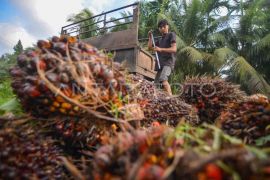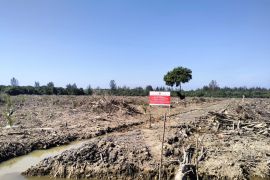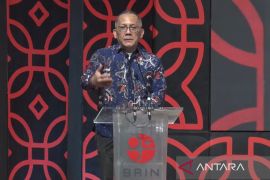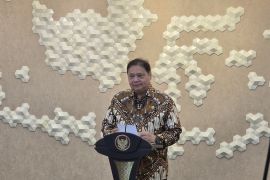"In its analysis, the EPA has ignored the Indonesian government`s commitment to protecting the environment and reducing greenhouse gas emissions," the minister said in the official response, a copy of which was made available to ANTARA on Sunday.
At the Copenhagen meeting held in 2009, President Susilo Bambang Yudhoyono stated his commitment to reducing greenhouse gas emissions by 26 percent in 2020 and set himself the target of cutting greenhouse gas emissions by 41 percent through international cooperation, the minister said.
In addition, the Indonesian government also has issued a moratorium on the issuance of new permits for utilization of primary natural forest and peat land under presidential instruction number 10 of 2011.
In its greenhouse gas analysis of oil palm issued in December 2011, the EPA said that palm oil-based bio-fuel could cut greenhouse emissions by only 17 percent, falling short of the 20 percent threshold, to be included in US renewable-fuel standards.
The trade minister submitted the official response to the US government on April 26, 2012, a day ahead of the deadline set by the EPA.
In his official response, the trade minister also said in calculating greenhouse gas emissions, the EPA used assumption data rather than real data and therefore, the results of its analysis did not reflect the real conditions.
Quoting the results of a study made by the Food Policy Research Institute in 2010, he said oil palm proved more efficient than any other vegetable oil producing plants, such as soybean and sunflower beans. (*)
Editor: Kunto Wibisono
Copyright © ANTARA 2012











